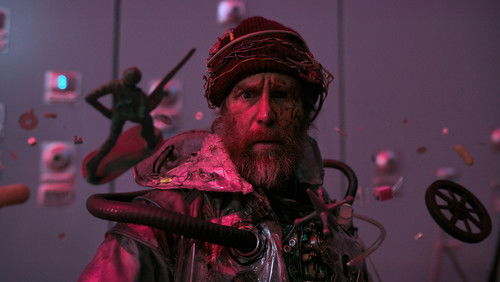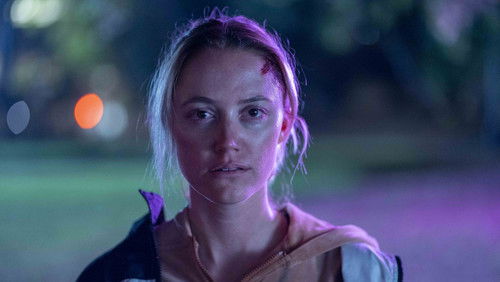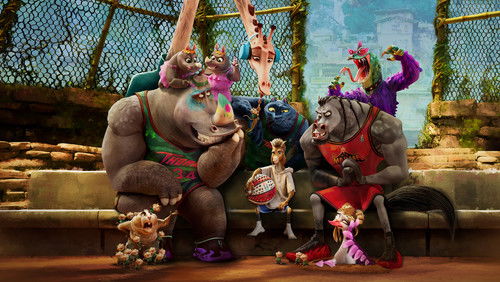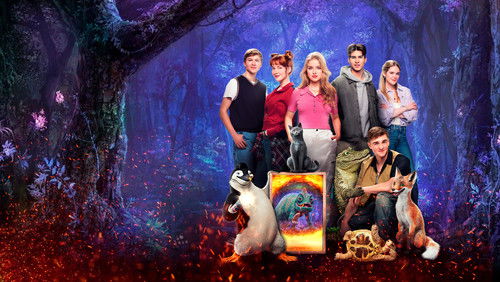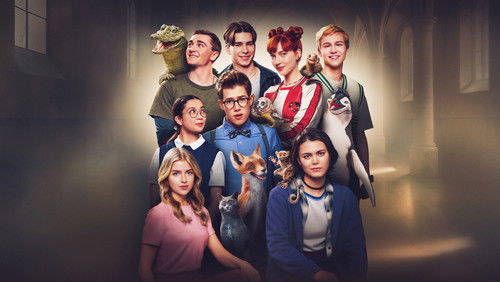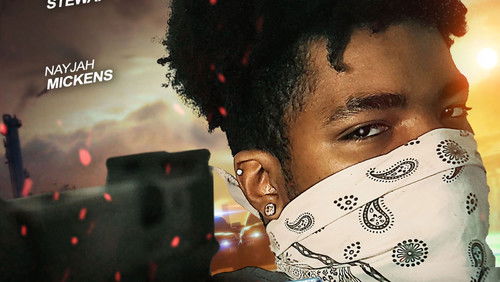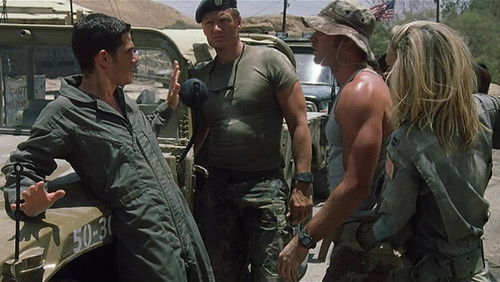Flash Gordon (1980)
30KFlash Gordon: Directed by Mike Hodges. With Sam J. Jones, Melody Anderson, Max von Sydow, Topol. A football player and his friends travel to the planet Mongo and find themselves fighting the tyranny of Ming the Merciless to save Earth.
“In 1980, science fiction was undergoing a revival of sorts. Some would argue that it is unfortunate that the science fiction appearing on the big screens of the time were more action-oriented than dramatic in nature. Flash Gordon came at a time when audiences were being trained to expect more and more from their films, with budgets skyrocketing and effects becoming progressively more important than the story. It is therefore somewhat disheartening to see reviewers focusing on how camp or low-fi they perceive it to be. Camp, low-budget, low-fi it is, but it has something that Episode 2 of Star Wars in particular didnu0026#39;t. Namely, it has the ingredients of a rollicking good time. From the awesome soundtrack by Queen to the near-ridiculous action sequences, Flash Gordon is almost the last hurrah in an era where filmmakers were expected to spend at least as much time on script and dialogue as they do eye candy. What makes it all the more interesting is that beyond the basic setup, there almost is no story to speak of.u003cbr/u003eu003cbr/u003eBeginning with a POV shot from some distant planet, we see how the world we take for granted is suddenly subjected to all sorts of destructive weather patterns by its Emperor. Emperor Ming has decided to shift the orbit of the moon in order to make it collide with Earth, leaving a handful of days before all life on the planet is destroyed. Not one to take this kind of thing lying down, a scientist by the name of Hans Zarkov is busily building a rocket so that he might go to the source of the attacks and reason with them. Coincidentally, a plane carrying football star Flash Gordon and some girl called Dale Arden crash into Zarkovu0026#39;s lab. Tricking them into boarding his rocket, Zarkov takes them on a brief trip to a world so barren one wonders where they find the liquid to sustain themselves. Taken captive and escorted to the Emperor, our heroes bear witness to a society in which Lords of several moons pay tribute to said Emperor. With their lives, if need be. The real fun begins when Ming takes an interest in Dale.u003cbr/u003eu003cbr/u003eInterest is putting it mildly. In a classic script oversight, Ming decides within a moment of first seeing her that he wants Dale to do with as he will. Flash is naturally not one to take such things lying down, so he begins attacking Mingu0026#39;s guards with a series of offensive football-style strikes. This gets the attention of several Lords who have been awaiting the right moment to overthrow Ming, but the fight is lost before it has begun, for obvious reasons. Overpowered, Flash is sentenced to execution, and thus the first of many bondage-like outfits is seen. I am not one to cry out u0026quot;gayu0026quot; when I see two men express a powerful bond, but several people I have watched the film with now agree that Flash Gordon has one of the biggest gay, or Su0026amp;M, themes going in 1980s film. Not that this is particularly important, but the amount of leather underwear and tights on display would have made the Village People blush. Of course, this is all just one adult subtext that will go right over the head of the children in the audience.u003cbr/u003eu003cbr/u003eOne commendable feature of Flash Gordon is the death scenes. Aiming a film at children and dispatching characters in a violent fashion is always a tricky business. This adaptation gets around the issue by showing the alien creatures melting after they are killed. The manner in which this is filmed would probably get Flash Gordon a more restrictive rating if it were released for the first time today. It reminds me in part of a description in Repo Man. Eyes, skin, even bones melt in a manner that tells us how alien the villains are in a way that all the prosthetics in the world cannot. Roger Ebert was right on the money when he wrote that Flash Gordon u0026quot;is cheerfully willing to look as phony as it isu0026quot;. That he didnu0026#39;t mean it as a criticism shows that he got what the film was about. During action sequences, it assaults the senses and almost bullies the viewer into forgetting that what they are seeing is anything but real. During extended moments of dialogue, it flat out orders you to not take it seriously.u003cbr/u003eu003cbr/u003eMaking it all the funnier is that producer Dino De Laurentiis, that famed bankrupt-wannabe, thought the whole story was serious. As director Mike Hodges phrased it, anyone who watches the film will find that factoid u0026quot;rather curiousu0026quot;. Sam Jones is absolutely terrible as the titular hero, and yet it works because a certain idiocy is what the character requires. Really, the whole thing reeks of being rushed into production, and then rushed to theatre screens, which probably sealed its financial doom. Hodges apparently had to work with a crew whose language he did not speak, with a script that wasnu0026#39;t finished, and no storyboards to boot. Having seen the finished product on DVD after all these years, I have to confess that my respect for Hodges has gone right through the roof in light of this. Forget Flash – Hodges is the one who can rightfully claim to be king of the impossible. Anyway, when all is said and done, Flash Gordon is representative of the direction cinema might well have been better off taking.u003cbr/u003eu003cbr/u003eFor these reasons and more, I gave Flash Gordon circa 1980 a seven out of ten. Excitement and adventure always beat a big budget, as this film proves.”

